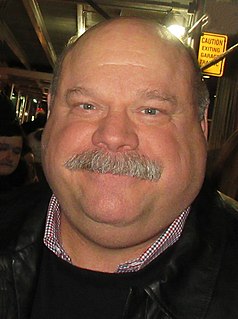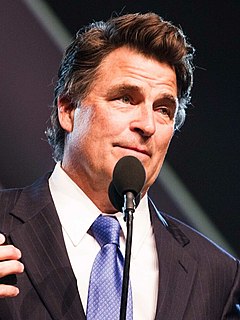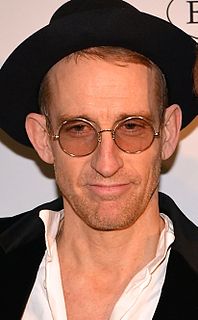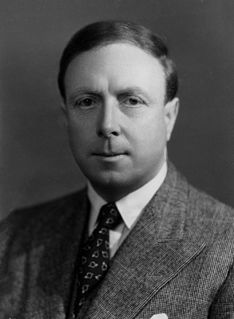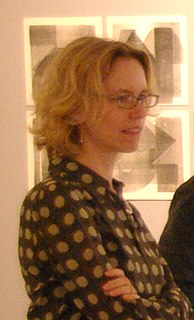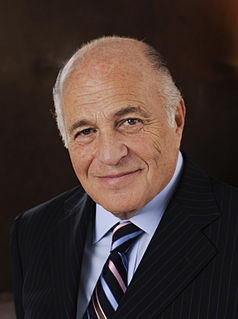A Quote by Hugo Weaving
Film has a tendency to be limiting in some way and it shouldn't be. It's a form that can be explored and changed.
Related Quotes
It'll be the Internet and piracy that will kill film. There's a philosophy that the Internet should be free, but the reality is that piracy will destroy the film industry and film as an art form because it's expensive to make a movie. Maybe you'll have funky little independent movies, and it'll go back and then start up again some other way.
The cognitive therapy that takes place in the film Antichrist is a form of therapy that I have used for some time, and it has to do with confronting your fears. I would say that especially the part of the film that has to do with therapy is humoristic because people who know about this form of therapy would know that the character is more than a fool.

